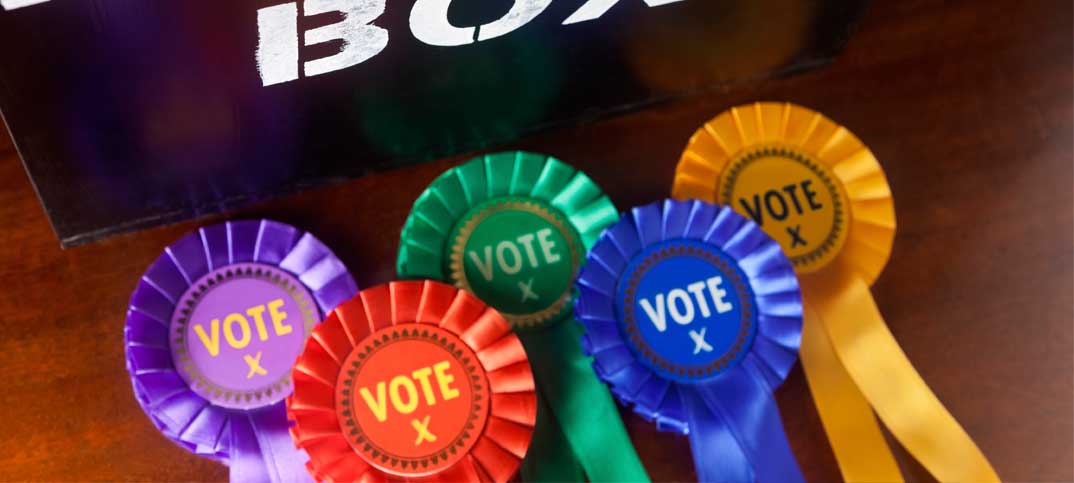Business rates were the key talking point in the week of George Osborne’s final Budget of the Parliament.
Cheshire East, Greater Manchester, Cambridgeshire and Peterborough will become testing grounds, with plans for local authorities to receive 100% of business rates growth – as opposed to the current 50%. Osborne said that his “door was open” to other interested areas.
The plans will generate around £1.35bn for Greater Manchester alone, and help thousands of retailers across the city, which has the largest number of shops outside of London. It is hoped that money saved will benefit local communities rather than flowing straight to Government.
The Budget announcement followed the unveiling of details of the biggest review of business rates “in a generation”.
“The time has come for a radical review of this important tax,” said chief secretary to the Treasury Danny Alexander.
“We want to ensure the business rates system is fair, efficient and effective.”
The “radical” review was welcomed by the British Independent Retail Association as “much more substantial” than previous reviews.
Labour reacted to the details of the review – scheduled to finish in time for the 2016 Budget – by announcing that they plan to “cut and freeze” business rates for 1.5million small business properties if they win the next election.
Shabana Mahmood, shadow exchequer secretary to the Treasury, said: “We won’t short-change areas which choose not to have an elected mayor by giving them a second-class deal.
“Every part of England will benefit from Labour’s better plan, not just a few.”
The British Property Federation said regional control of business rates would boost regeneration, but warned there is a long way to go. “The vast majority of local authorities simply do not have the long-term certainty that is required to use business rates income in this way,” said chief executive Melanie Leech.
“We hope that this is the start of a journey that will see greater powers devolved to towns and cities across the UK.”
ACS chief executive James Lowman also welcomed the plans, but added that there was a need to go further.
“This policy has to be matched by more incentives for councils to give discretionary rate relief,” he said.





Comments
This article doesn't have any comments yet, be the first!